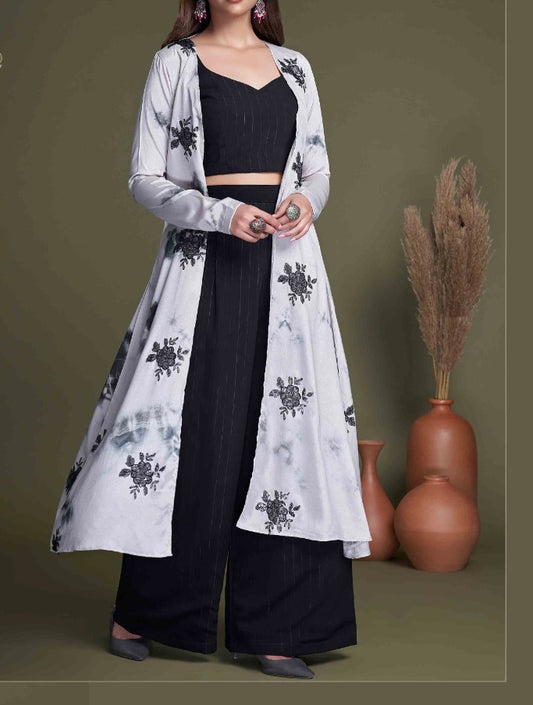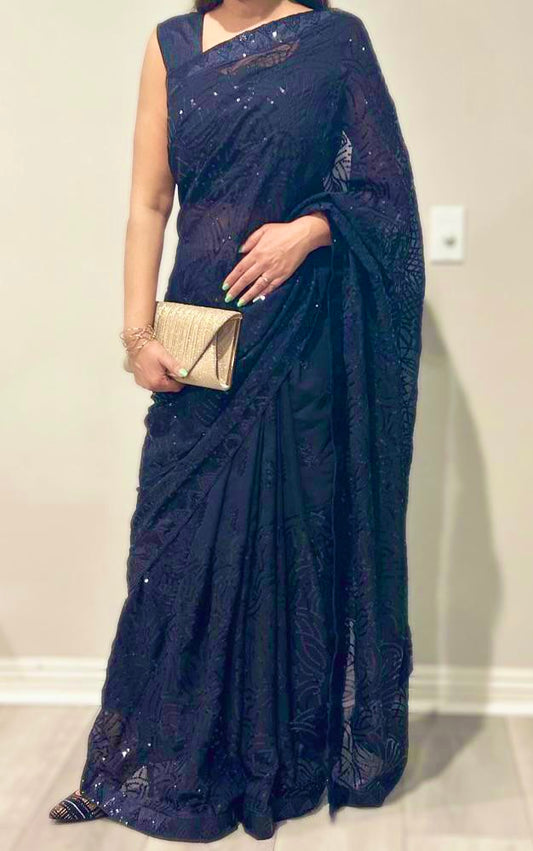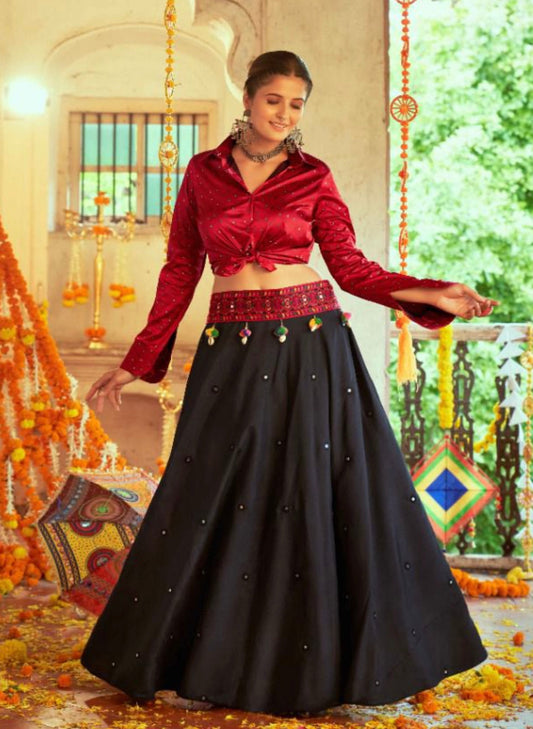News

How to Style Your Lehenga for the Ultimate Grad...
Are you getting ready to graduate and looking for the perfect outfit that blends your Indian heritage with a touch of modern style? Look no further than the classic...
How to Style Your Lehenga for the Ultimate Grad...
Are you getting ready to graduate and looking for the perfect outfit that blends your Indian heritage with a touch of modern style? Look no further than the classic...

The Role of Indian and Fusion Fashion in Empowe...
The Importance of Indian and Fusion Fashion in Empowering WomenIndian and Fusion Fashion in Contemporary SocietyIndian fashion is an integral part of the cultural fabric, reflecting the nation's rich heritage...
The Role of Indian and Fusion Fashion in Empowe...
The Importance of Indian and Fusion Fashion in Empowering WomenIndian and Fusion Fashion in Contemporary SocietyIndian fashion is an integral part of the cultural fabric, reflecting the nation's rich heritage...

Black Saree: The Evergreen Choice for Diwali Co...
When it comes to choosing the perfect attire for Diwali cocktail parties, the black saree is a timeless beauty that never fails to make a chic and elegant statement. With...
Black Saree: The Evergreen Choice for Diwali Co...
When it comes to choosing the perfect attire for Diwali cocktail parties, the black saree is a timeless beauty that never fails to make a chic and elegant statement. With...

Trending Navratri Lehenga: Adding a Twist to th...
Trending Navratri Lehenga: Adding a Twist to the Chic Style of Chaniya Choli Navratri is a time of joy, celebration, and vibrant fashion. It's a festival where traditional attires take...
Trending Navratri Lehenga: Adding a Twist to th...
Trending Navratri Lehenga: Adding a Twist to the Chic Style of Chaniya Choli Navratri is a time of joy, celebration, and vibrant fashion. It's a festival where traditional attires take...
